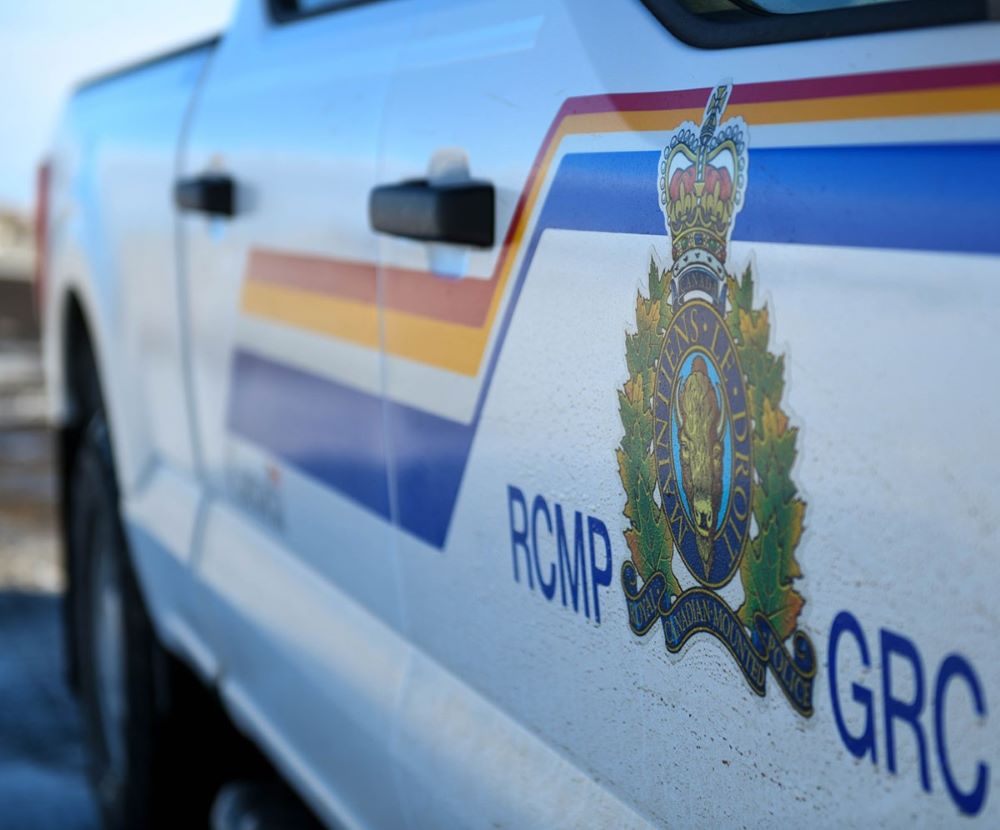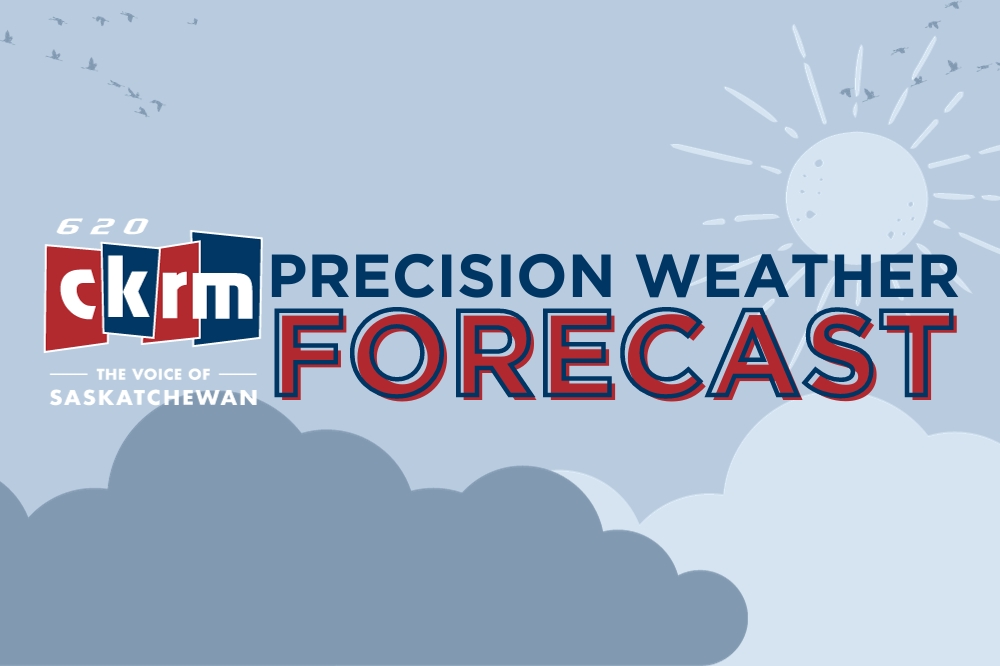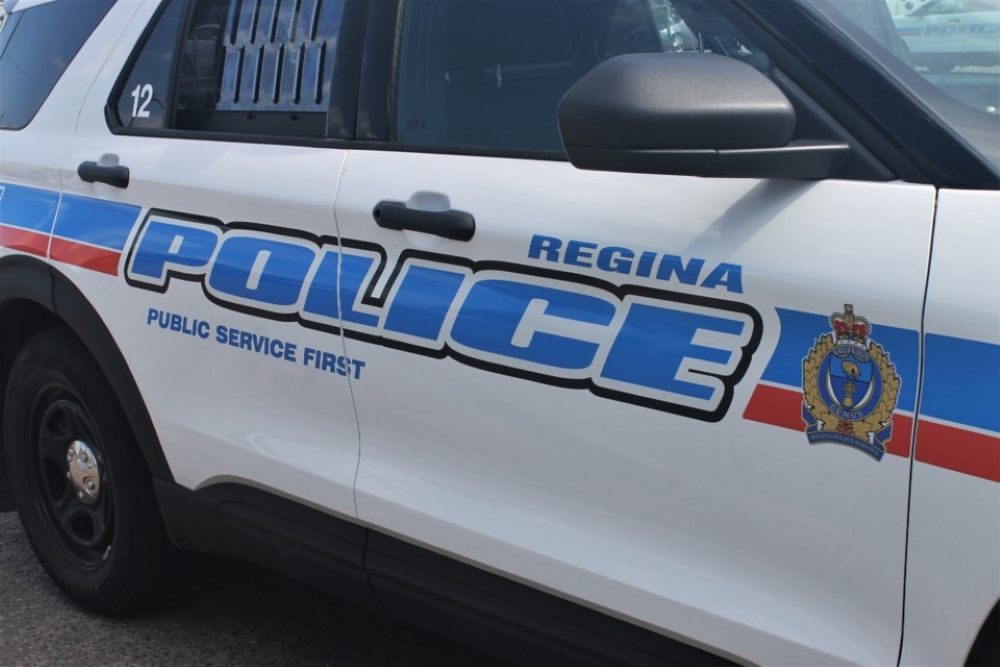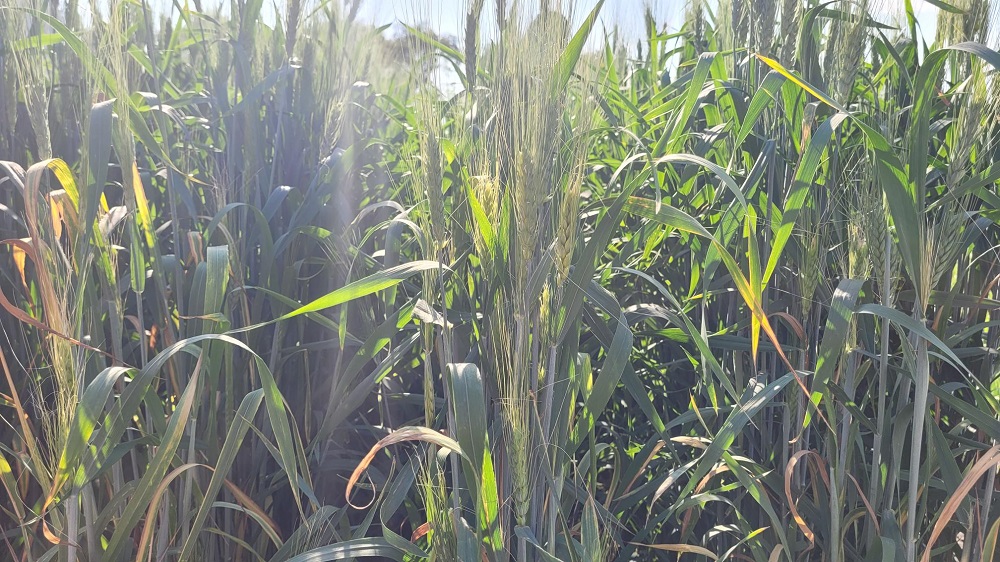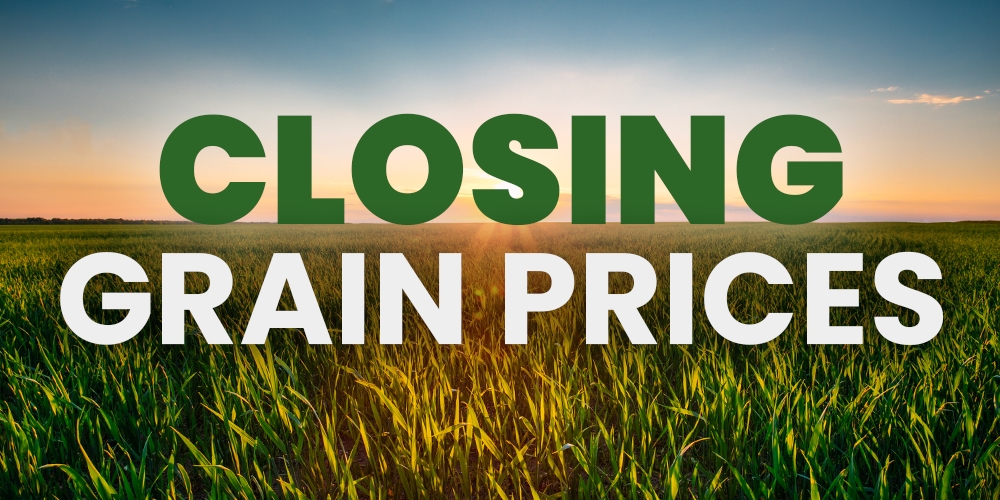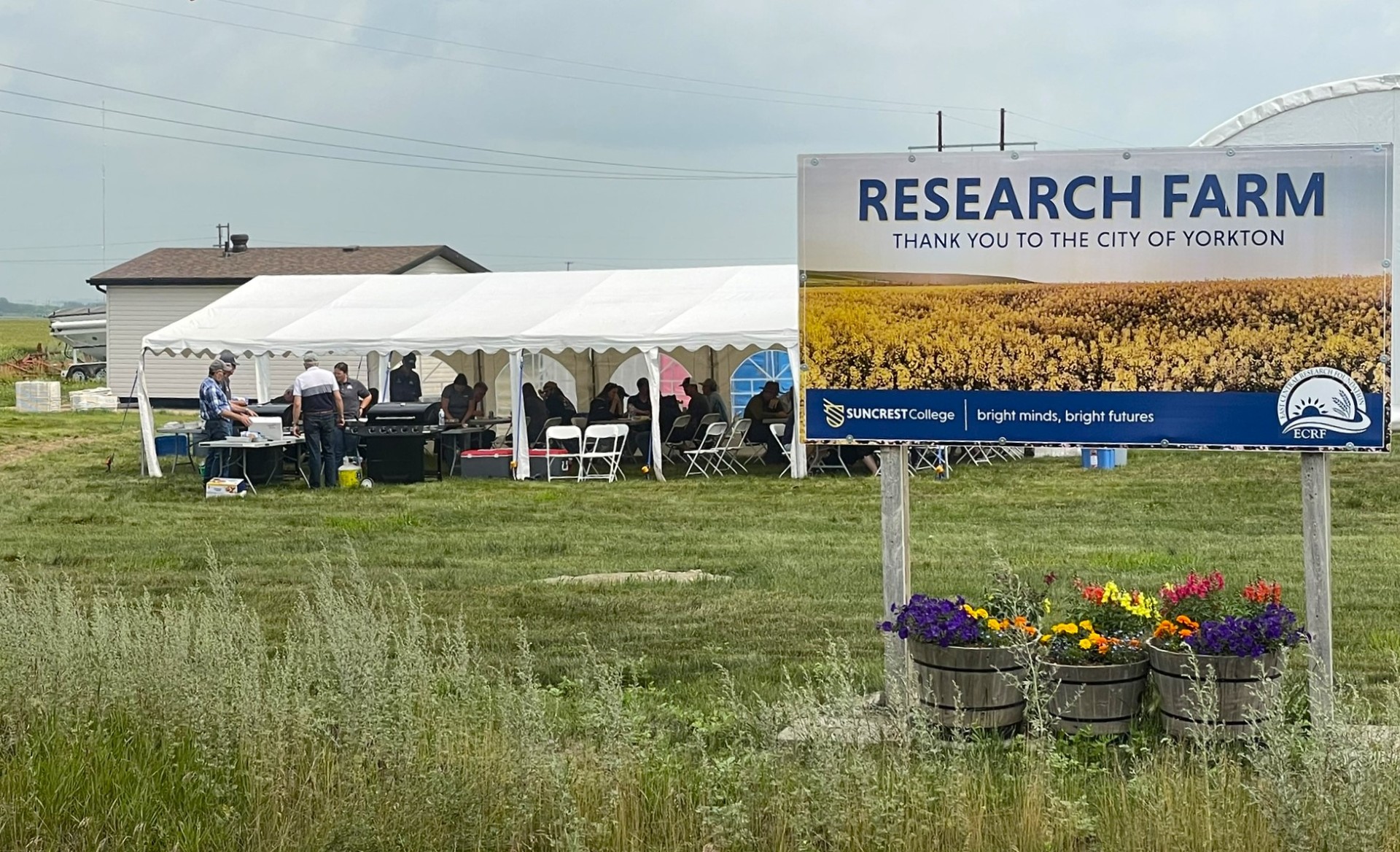The City of Regina is on pace to see a record number of drug-related deaths.
The City has seen 55 overdose deaths through the end of April. That number is on pace to break 2021’s 164 record deaths by one. The 55 deaths through the first four months also mark the most the RPS has reported in the last five years.
With the City seeing more and more overdoses and drug usage, Kathy Willerth, director of mental health and addiction with the Saskatchewan Health Authority, outlines some of the services available in Regina for battling addictions.
“We have a brief detox centre and a social detox centre. The social detox centre is really a starting point for many people who are getting started on a road to recovery, and they stay somewhere between seven and 14 days depending on their needs, and then often they often move to an inpatient treatment centre.”
She said after the inpatient treatment centre, patients would move to aftercare.
“Aftercare would often be with an addiction councillor through our outpatient program. There’s still a large number of people who seek outpatient care rather and don’t have need for detox or inpatient.”
Willerth said that they have also added new services.
“We’ve incorporated a number of new services over the last number of years into things like detox, having more physicians and psychiatrists involved to ensure that we can meet the needs of the patients that are coming to that service.”
She said that they also work with several partners.
“We work in partnership with a number of very dedicated physicians. We have addiction counsellors in our emergency rooms that help to respond to individuals who come to the emergency room with some distress over their addictions issues, and they help to get them connected to services in the community.”
Throughout the pandemic and even with the number of overdoses increasing, Willerth said they hadn’t seen their volume change.
“Our services for people with opioid addictions treatment issues didn’t really change the volume at all. We were able to provide the same level of services, although we provided them differently. We are seeing that our post-pandemic or post-the initial part of the pandemic, at least numbers, are very similar to our pre-pandemic numbers.”
She noted that they have seen more toxic drug supply over the last few years.
“Even individuals who aren’t struggling with addiction absolutely need to know and be aware of the risks that they have, that they may have a tainted drug supply and not know it,” she said. “It’s physical harms up to and including death. Some of the additional issues that are present, they present lots of challenges to people who want to recover.”
While Willerth said they encourage no one to use drugs, they want to make people aware of the risks and how to use them safely.
“We are encouraging people to not use alone or to have a take-home Naloxone kit available for them, encouraging people to be aware of all of the community services in addition to the SHA services.”
She added that people should also know or have the National Overdose Response Service number (1-888-688-6677) saved in case of an
emergency.
“It can be a difficult journey, and we want to make sure that there are supports in place throughout. We really believe that recovery is possible. We’re here to help,” Willereth. “There are lots of community agencies that are on that same path here to help anyone who is concerned about their own youth, family members, or their loved ones. Reach out and start that journey.”



